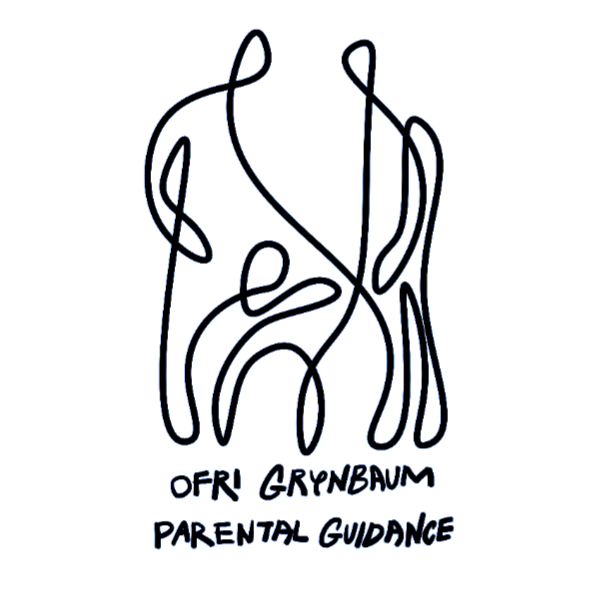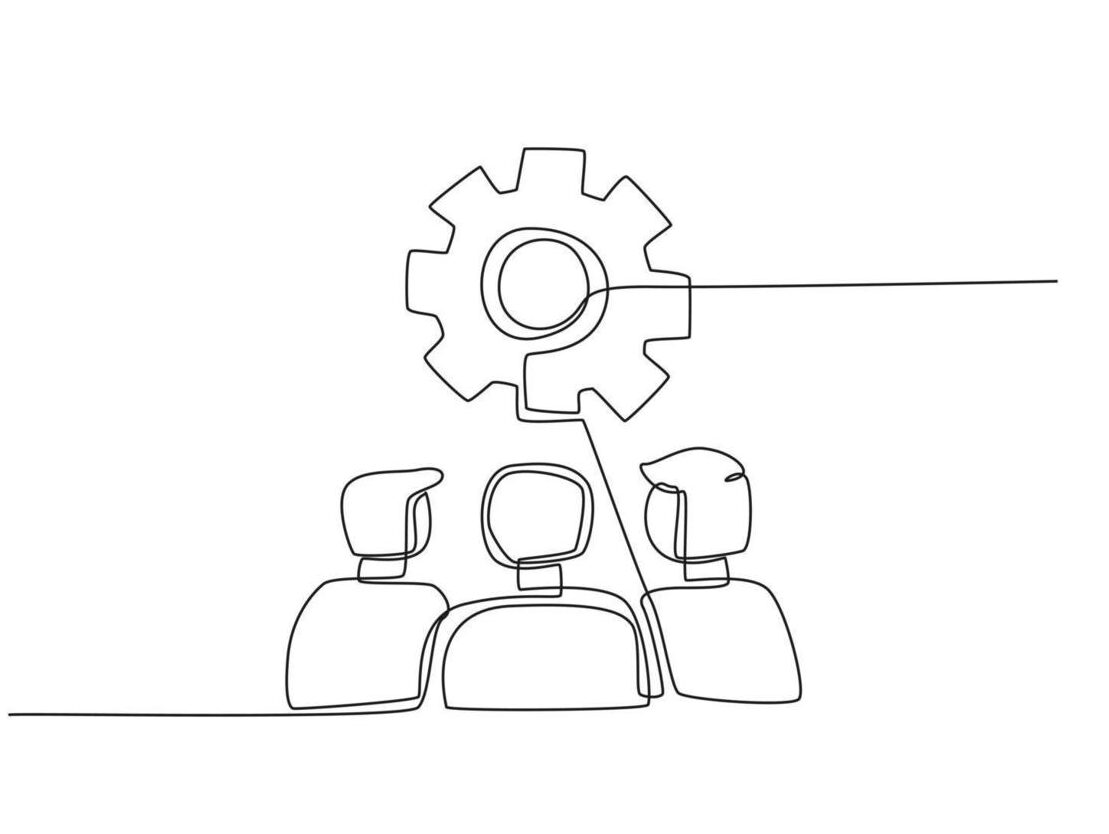Parental counseling is not psychological therapy and its main principles, as I see them, are honesty, attention, flexibility and collaborative thinking. Naturally, these conversations are a place where different contents come up, some of them are more mundane and consist of practical issues (such as time management, separation from a pacifier, decision-making, division of responsibilities and the will that different habits will change in the household) and some are more complex and very deep (conflict and forgiveness, the relationship between member of the family, friendship and rejection, anxiety, self-esteem) and then the meetings are a place where you can express every little voice without judgment and without boundaries of thought or rigid values regarding family life.
Different questions arise in each family, the time it takes to reveal oneself and the building of trust veray and so there can not be one process for all families and the one suitable for each family is to be discovered as we go. I believe that solutions that correspond and are sensitive to your values and the life you want to have will bring about a deep and sustainable improvement in the parenting experience and the emotional well-being of your children. Even in "small problems" lies the potential for the kind of learning that will help the family deal with very significant issues later in the children's lives, and the acquired tools and communication patterns that are established in the first years of children's lives will intensify and affect all members of the family in the years to come.
Accompanying parents is an opportunity to take the time to ask what your child really needs and how we can enable it, to focus listening and try to distinguish between our desires and interpretations and what the children tell us.
Try to see when the identification of parts of yourself in the child becomes a resonance of connection and understanding, and when, on the other hand, it becomes an automatic reproduction of patterns, sometimes without noticing.
To face with courage what threatens and creates distance and to work with dedication on building each and every one's confidence in himself and in the relationship.
To feel when the variety of educational approaches at home has a positive and enriching role and in which contexts it is correct to form a cohesive position, like a family covenant.
To distinguish between parental behaviors that have an educational p urpose and those of habits or principles, that is, how to decide between the main and the bland in order to give priority to respect and closeness. How to really lead towards a goal of common meaning and not struggle in vain.
To direct a look at your dealings. In this way, to understand what we would like to work on for the benefit of greater clarity and a sense of well-being.
Reduce frustration, guilt and regret and connect to parenting as a source of joy and meaning.

